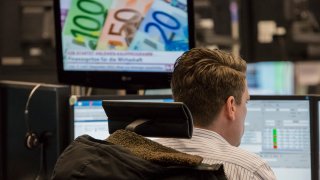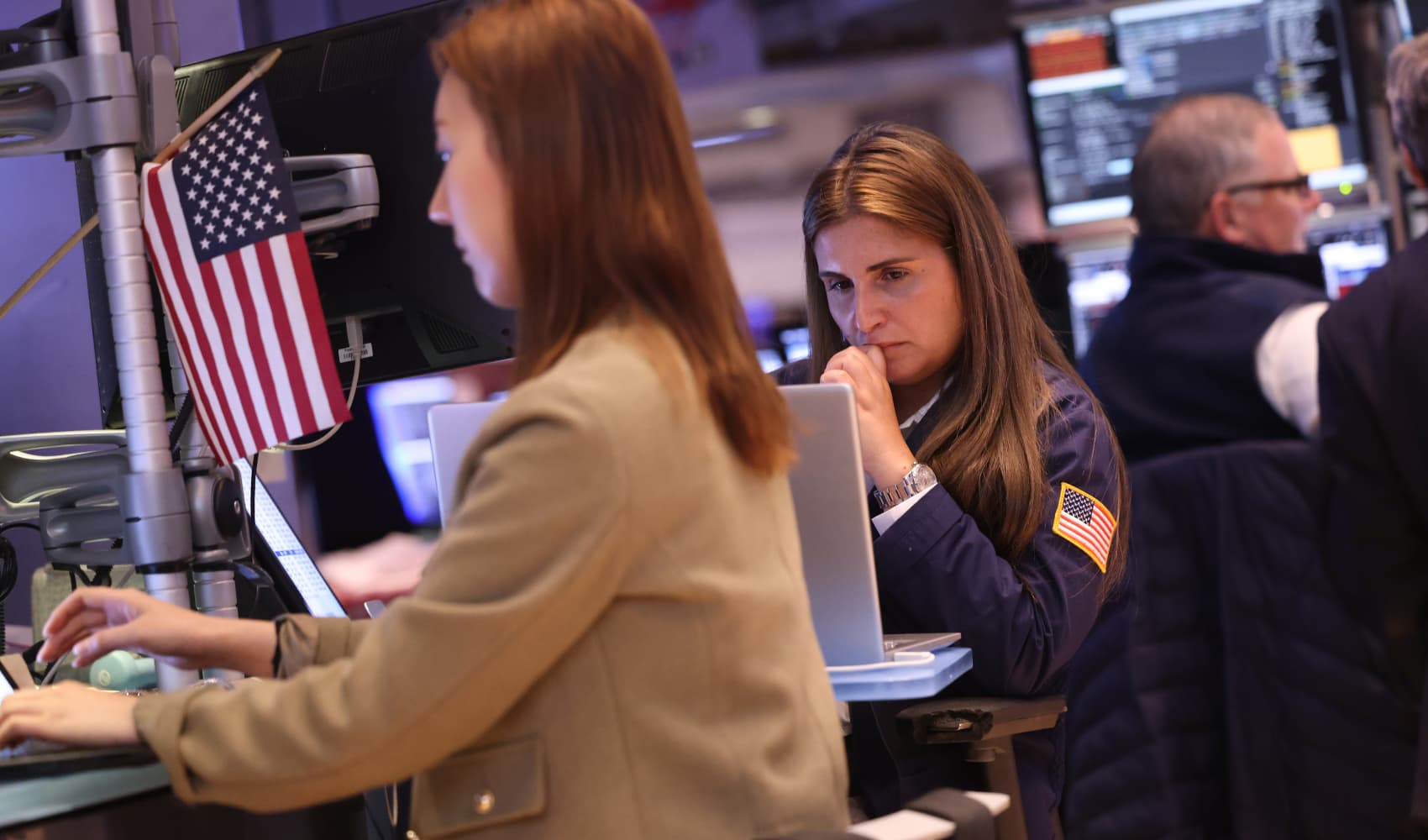
The euro hit parity with the U.S. dollar on Tuesday for the first time in 20 years, meaning that the currencies have the same worth.
The euro fell to $0.9998 against the dollar, it's lowest level since December 2002, as the euro zone's energy supply crisis and economic woes continue to depress the common currency. The euro is currently up 0.08%, at about $1.003.
At the same time, the U.S. dollar index hit $108.56, its highest since October 2002, before easing from that level.
Fears of a recession have grown in recent weeks due to rising uncertainty over the bloc's energy supply, with Russia threatening to further reduce gas flows to Germany and the broader continent.
We're making it easier for you to find stories that matter with our new newsletter — The 4Front. Sign up here and get news that is important for you to your inbox.
Russia temporarily suspended gas deliveries via the Nord Stream 1 pipeline on Monday for annual summer maintenance works. The pipeline is Europe's single biggest piece of gas import infrastructure, carrying around 55 billion cubic meters of gas per year from Russia to Germany via the Baltic Sea.
The scheduled 10-day suspension of gas flows has stoked fears of a permanent cut to supplies, potentially derailing the region's winter supply preparations and exacerbating a gas crisis.
"It is a key and obvious psychological level which is very much under threat here," Jeremy Stretch, head of G-10 FX strategy at CIBC Capital Market, told CNBC's "Street Signs Europe" on Tuesday.
Money Report
Stretch said the prospect of the euro falling below this level was a reflection of burgeoning recession fears across the euro zone.
ECB in a 'very, very difficult position'
The prospect of a starker economic slowdown has also cast doubt over whether the European Central Bank will be able to tighten monetary policy aggressively enough to rein in record-high inflation without deepening the economic pain.
"The ECB is in a very, very difficult position. You could argue that the ECB has been rather late to the party both in terms of ending their bond purchases but also considering monetary policy tightening," Stretch said.
He added while the ECB "clearly missed a trick" at its last meeting, inflation expectations over the medium term had retreated toward the central bank's target threshold.
"That is one sign that perhaps over the medium to longer run those inflation expectations are not necessarily becoming materially deanchored, but clearly from an ECB policy signaling perspective … the need to act and to act expeditiously is clear," Stretch said.
Graham Secker, chief European equity strategist at Morgan Stanley, said the weakness of the euro could provide a boost for European companies ahead of the forthcoming second-quarter earnings season.
"Twelve months ago, the euro was above $1.20 and now we are obviously very close to parity so there is a pretty significant tailwind to earnings currently, but I view that as a positive offset against some of the other negative factors that are brewing," Secker told CNBC's "Street Signs Europe."
"Right now, our expectation is that the second-quarter earnings season probably will end up with a net beat," he added.






